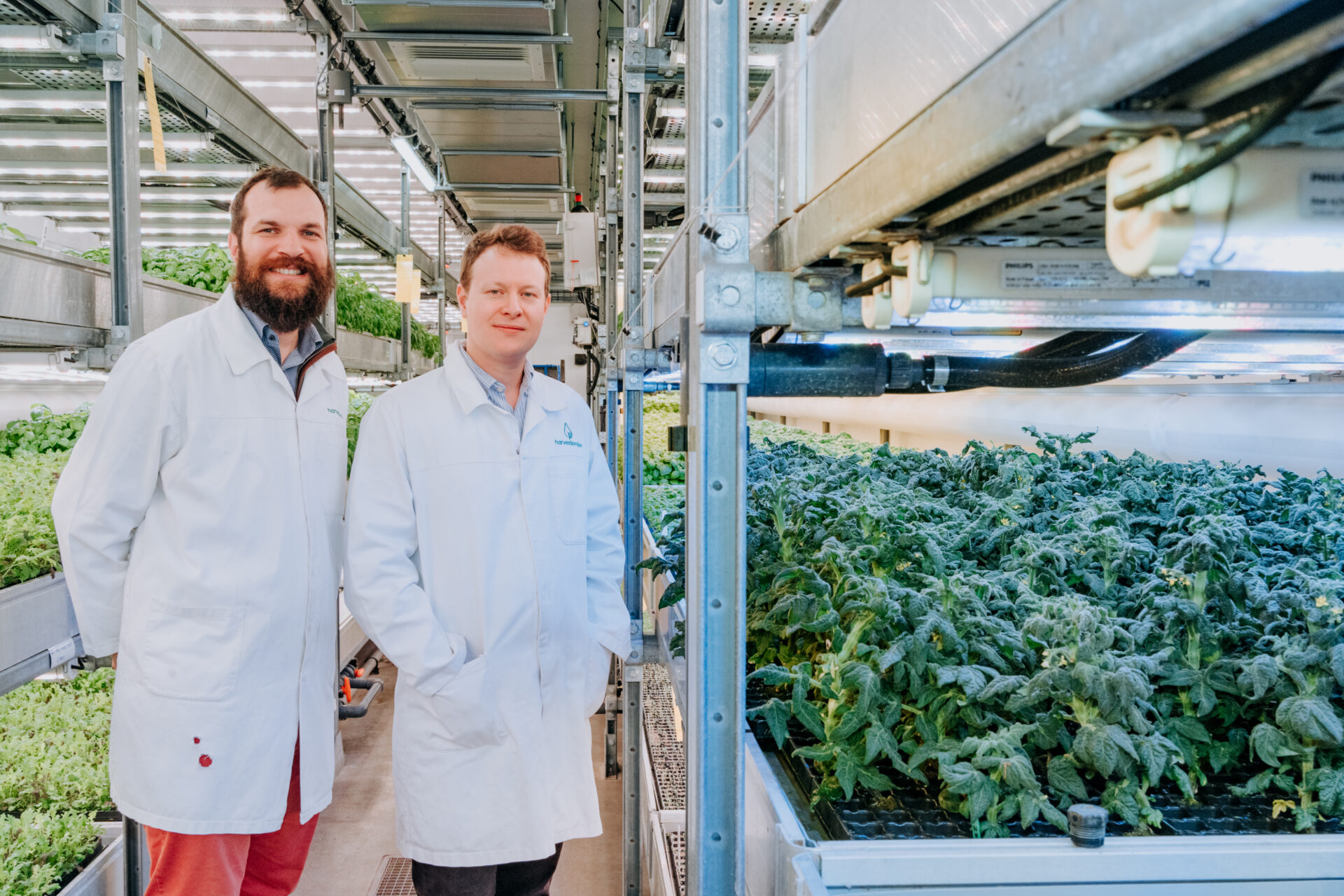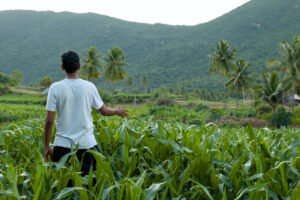UK-based gene editing startup Phytoform will collaborate with ag giant Corteva to explore AI’s role in boosting disease resistance capabilities in corn.
The two parties will use Phytoform’s CRE.AI.TIVE platform, which employs machine learning to identify small changes to DNA sequences in plants that could bring beneficial impacts if activated.
The company’s platform introduces “minimal and accurate changes” to the plant without introducing foreign DNA, allowing it to bypass the “GMO” label.
In the case of the Corteva partnership, CRE.AI.TIVE will search through “millions of potential variations in DNA control regions” in plants and select the most effective for building resilience to two of the most common diseases for corn.
While the companies will not yet publicly reveal which diseases those are, Phytoform cofounder William Pelton reiterates that they are “two of the biggest” diseases impacting corn production.
The companies will work together to optimize gene expression of two native genes that “are key to disease resistance” in corn.
“Corteva had these genes in their germ plasm,” he tells AgFunderNews.
“That’s exactly where we can help, and without creating GMO traits. We can help them fine tune their existing genome to activate those genes and confer that disease resistance.”
Beyond R&D
The partnership also marks Phytoform’s first deal with a major corporate.
Beyond that, for Phytoform, which Pelton co-founded in 2017, the partnership is also a big step in terms of expanding the platform to new crops and species. Phytoform has previously worked with potatoes and tomatoes.
Corn is one of the most-produced crops in the world and prone to a number of different diseases, including Gray Leaf Spot, Common Rust, and various leaf blights.
The partnership with Corteva enables Phytoform to address a much more widely grown species. “It’s demonstrating that we can actually work across many different species, and that means a lot in terms of the impact we can have,” says Pelton.
While Pelton doesn’t explicitly promise a commercial product will come out of the partnership, he indicates this as a possibility.
“It’s almost like a step beyond just R&D. We’re very confident that we’ll be able to activate these genes and deliver something that’s commercially viable. There’s always risk in that process but the idea is that we’re basically taking that discovery work out of the lab and getting it into the field. That’s where our strength lies—not necessarily in doing the R&D but in how we translate it in the field.”





